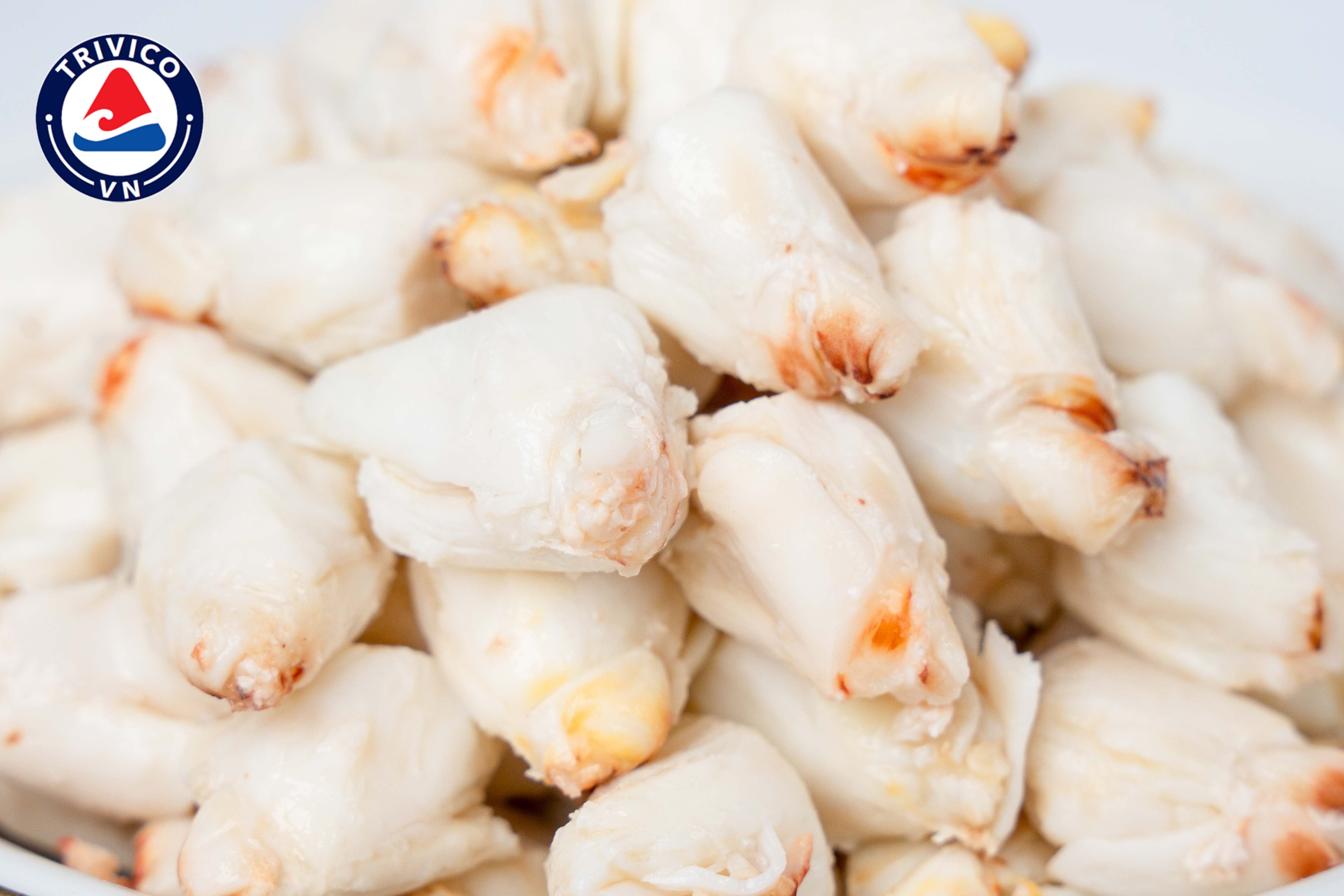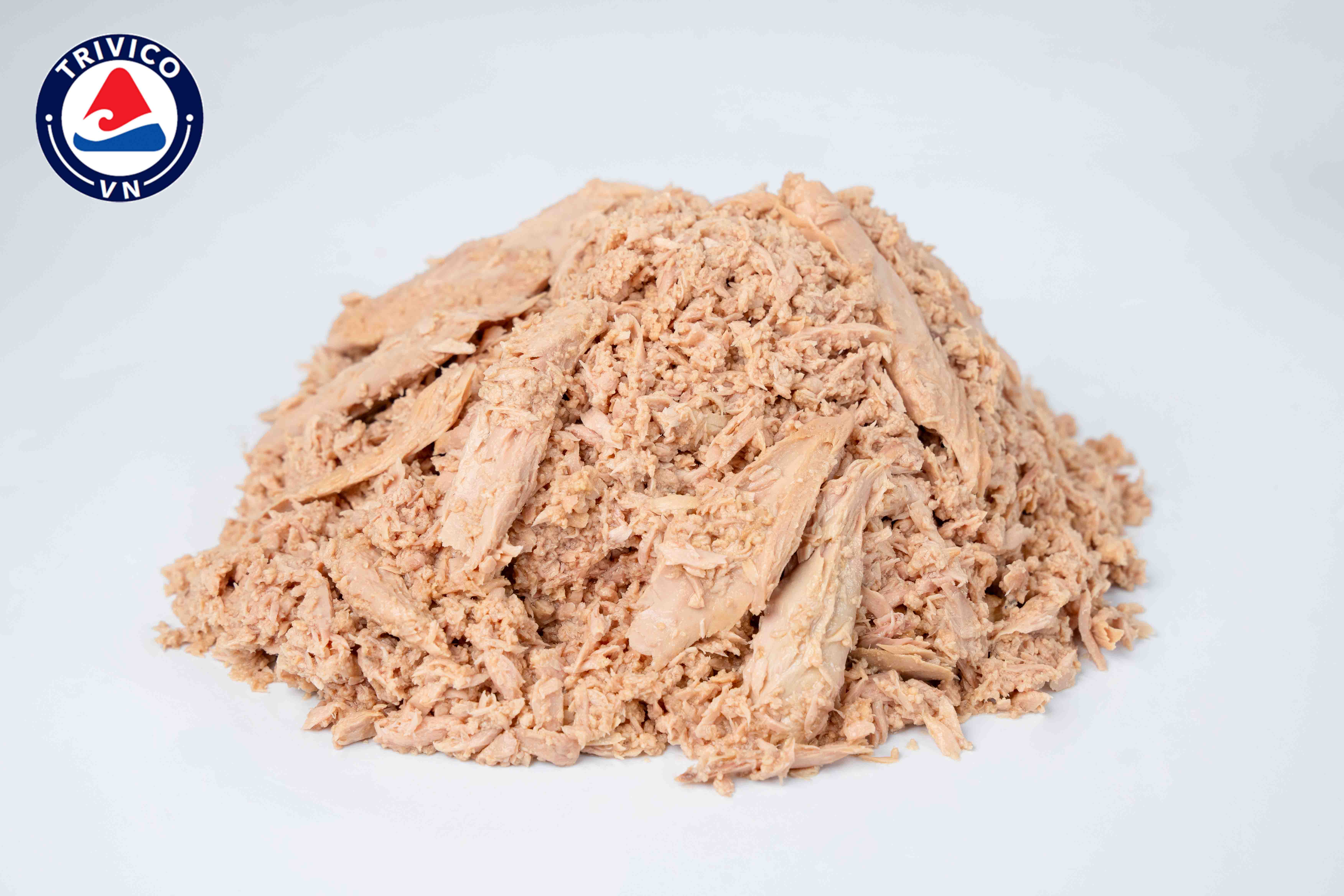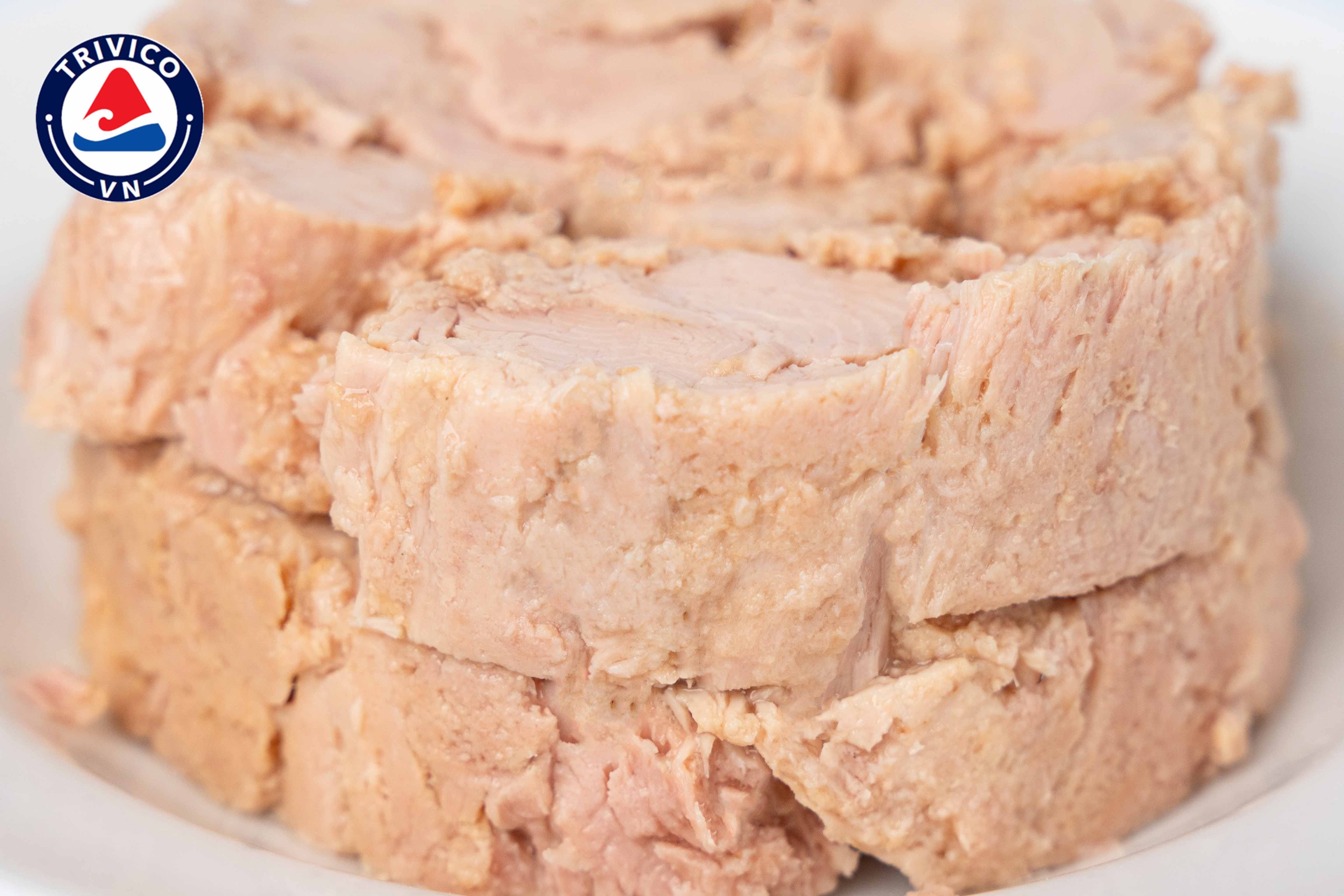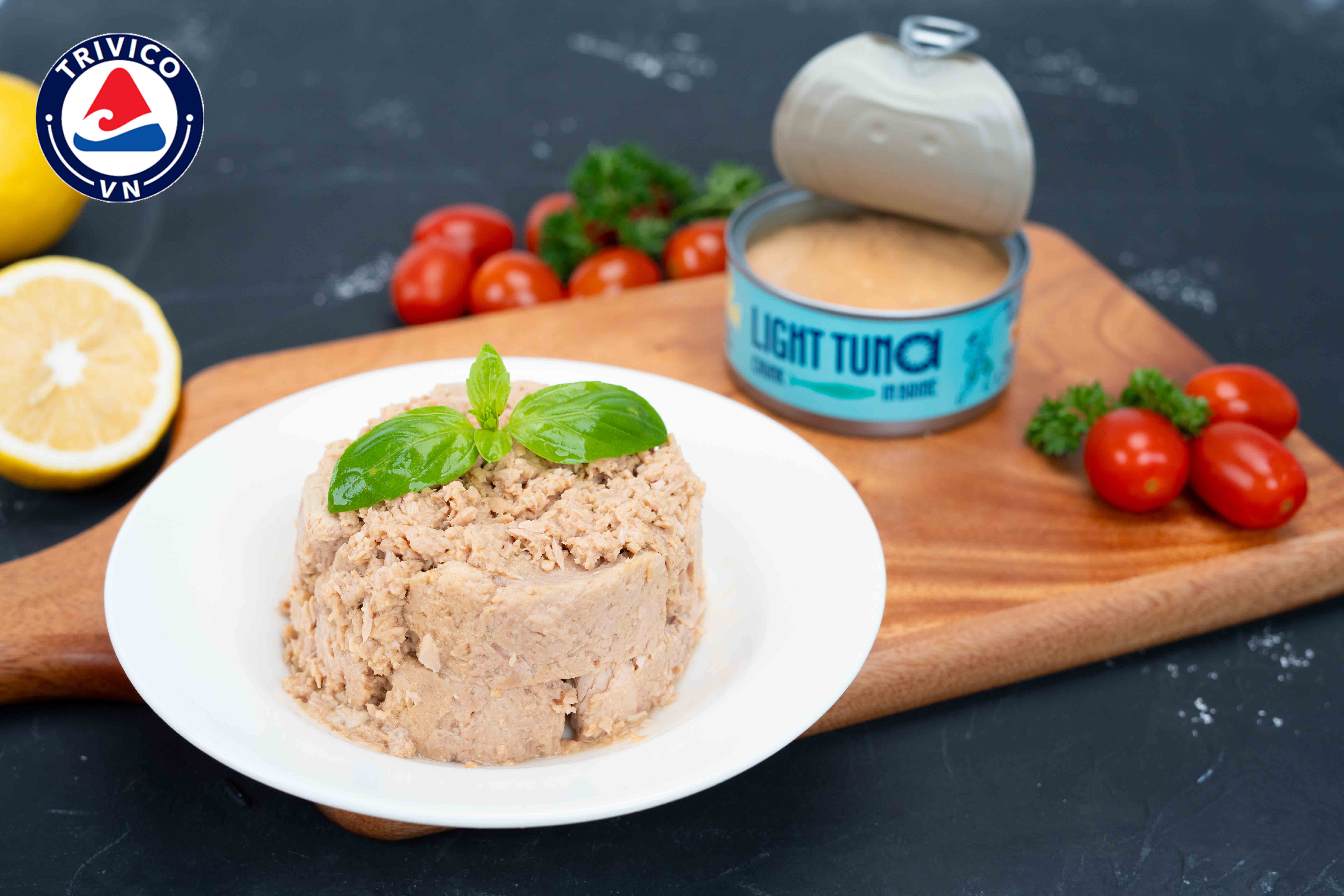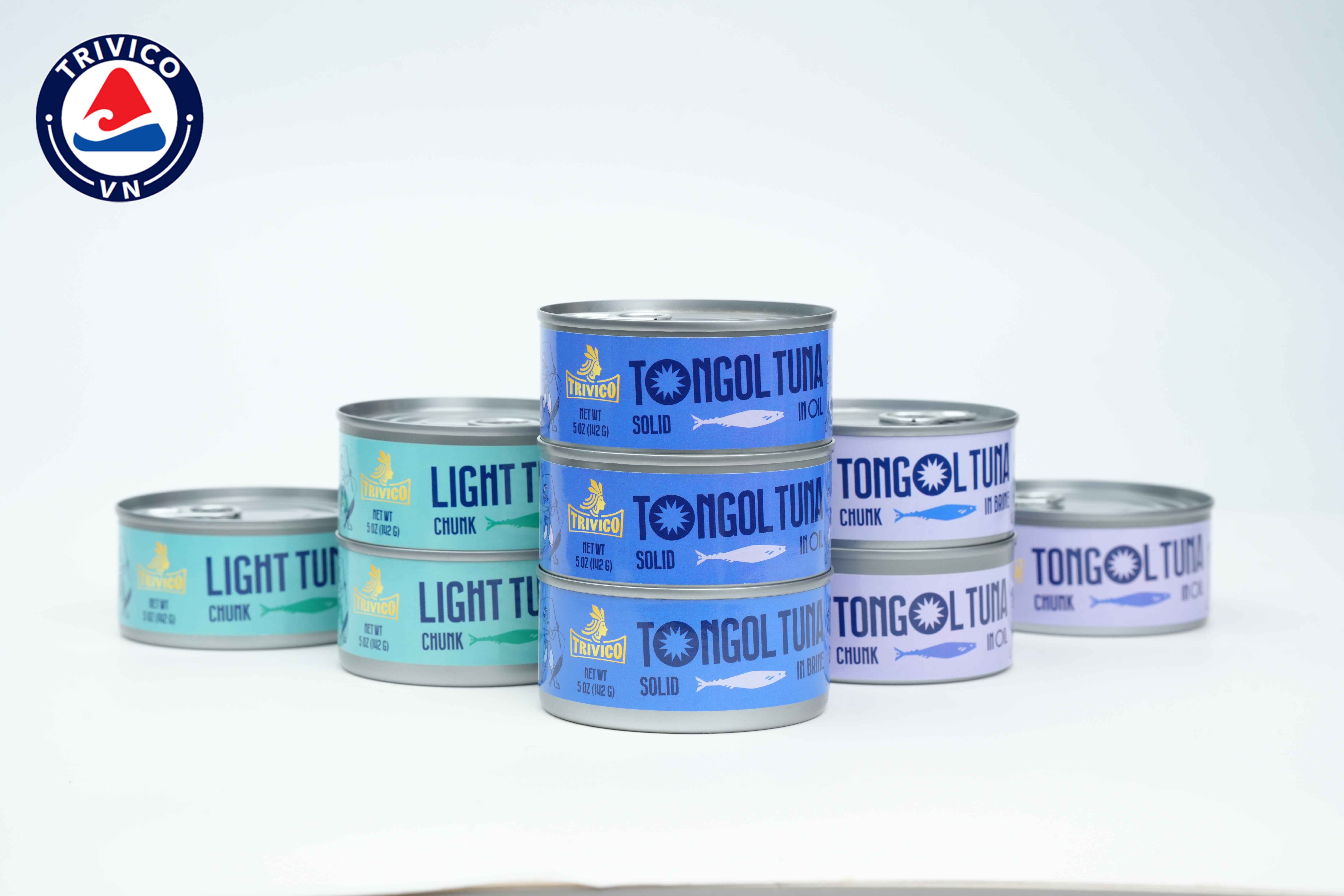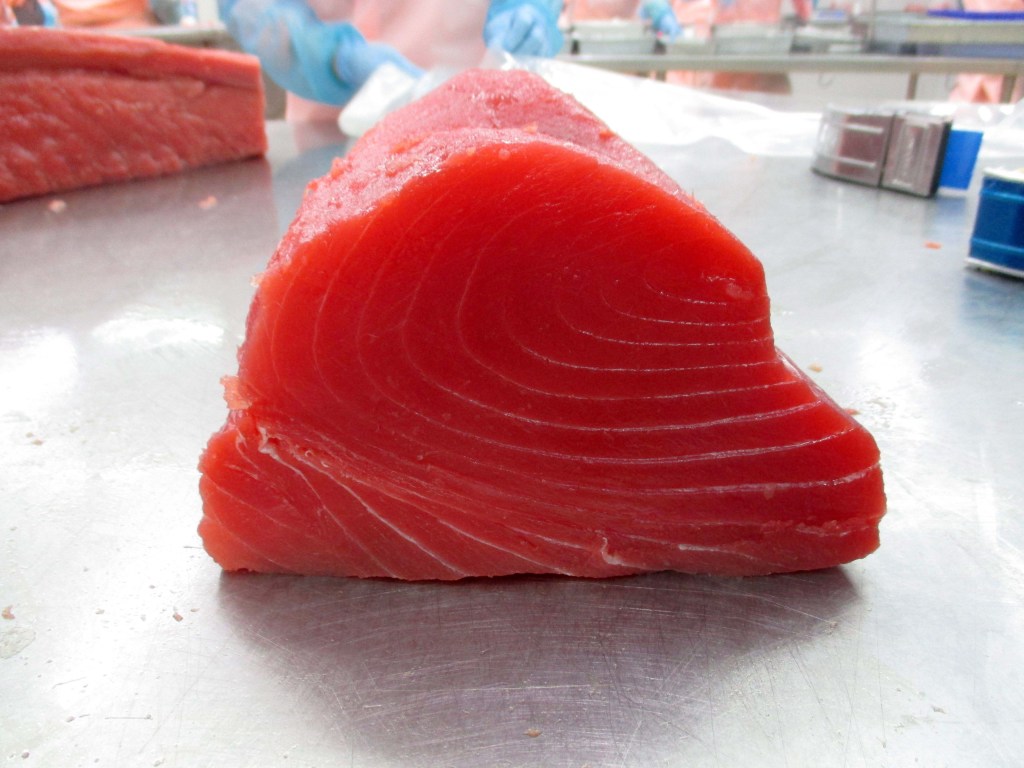
According to statistics from Vietnam Customs, the export turnover of Vietnamese tuna products in the first month of the year decreased by 16% compared to the same period, reaching more than 66 million USD.
Canned tuna exports decreased the most
Of which, the export of all tuna product groups of Vietnam decreased, except for fresh, frozen and dried tuna HS03 (excluding frozen tuna meat/loin HS0304). Canned tuna exports decreased the most among the products with a decrease of 36% compared to the same period. The reason is that the shortage of raw skipjack tuna supply from domestic fleets is making it difficult for Vietnamese canned tuna products to compete in markets with FTAs such as the EU, CPTPP, etc.
Exports to major markets decreased
Vietnam’s tuna exports in January 2025 to major export markets such as the US, EU, Israel, Japan, or Canada… are all decreasing compared to the same period.

In the US market, Vietnam’s tuna exports decreased slightly compared to the same period last year by 2%, reaching nearly 26 million USD. With concerns about tax increases, US importers increased imports in the last months of 2024, which caused inventories in this market in the first months of 2025 to be high. Moreover, concerns about President Donald Trump’s decision to impose new taxes have caused importers in this country to limit signing new orders. All of these are expected to impact tuna imports in the US market in the first months of 2025.
Along with the US, tuna exports to the EU were also not optimistic in the first month of the year, down 13%. Notably, canned tuna exports to this market decreased sharply by 21% compared to the same period. Preferential tariff quotas under the EVFTA have been restarted, but the lack of domestic supply of skipjack tuna continues to hinder canned tuna exports to this market.
Exports to markets in the CPTPP bloc are not much better. Exports to Japan and Canada have decreased sharply, with decreases of 26% and 36%, respectively.
It is forecasted that in 2025, the global tuna market will continue to fluctuate due to changes in consumer habits, tariff policies and fluctuations in supply and demand. Free trade agreements between Vietnam and other countries will help Vietnamese tuna gain an advantage when exporting to markets such as the EU, UAE, Japan, Canada, etc. However, meeting the rules of origin is still a big challenge for the Vietnamese tuna industry. Standards on traceability, sustainable fishing and combating IUU fishing are becoming mandatory in major markets.













